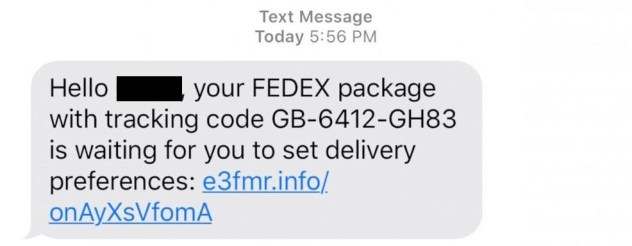Inactive Facebook account leads to puppy scam
By Greg Collier
A woman from Long Island recently had people showing up at her home looking to pick up the puppies they had bought online. The only problem was, the Long Island woman wasn’t selling any puppies. The people showing up at her door were victims of a puppy scam. In this instance, puppy scammers were advertising puppies for sale that didn’t exist. The scammers would ask for hundreds of dollars in deposits from victims and had them pay through the much maligned payment app Zelle. Undoubtedly, the woman started to be concerned for her safety. In the past, we have seen reports of puppy scam victims becoming belligerent when they’ve been sent to a random address.
However, the woman’s address wasn’t exactly random. She had a Facebook account, which she hadn’t used in years. Scammers were able to hijack her Facebook account, and used it to advertise the fictitious puppies. Since they were using the woman’s Facebook account, the scammers decided to send their victims to the woman’s address. When the woman discovered her Facebook account was being used, she tried to reclaim the account, but the scammers had changed the email address and password. She even contacted Facebook, who allegedly said they couldn’t take the account down because it didn’t violate their terms of service.
So, we have two scams at work here, the aforementioned puppy scam and a type of identity theft. If you have an old social media account you haven’t used in years, it’s a good idea to just delete the account. This will prevent the account from being hijacked by scammers and other bad actors. However, if you want to keep the account around just in case, make sure you’re not using the same password for multiple online accounts. This is one of the leading ways social media accounts get stolen. You should also routinely change the passwords on your accounts. And definitely enable two-factor authentication on your accounts. These aren’t guarantees that your accounts will be 100% secure, but they will go a long way in discouraging con artists from hijacking your accounts.
As far as the puppy scam goes, you should never buy a puppy or any other animal without seeing it in person first. Many puppy scammers just steal pictures of puppies off the internet to use in their advertisements. Even if you’re shown a puppy on Zoom or FaceTime, it doesn’t necessarily mean you won’t be scammed. Shop for a puppy within driving distance and never order from out of state, and never make any payment over apps like Zelle, Venmo, or Cash App, since they’re preferred by scammers. Instead of trying to buy a puppy online, think about adopting one from your local shelter.












Leave a Reply